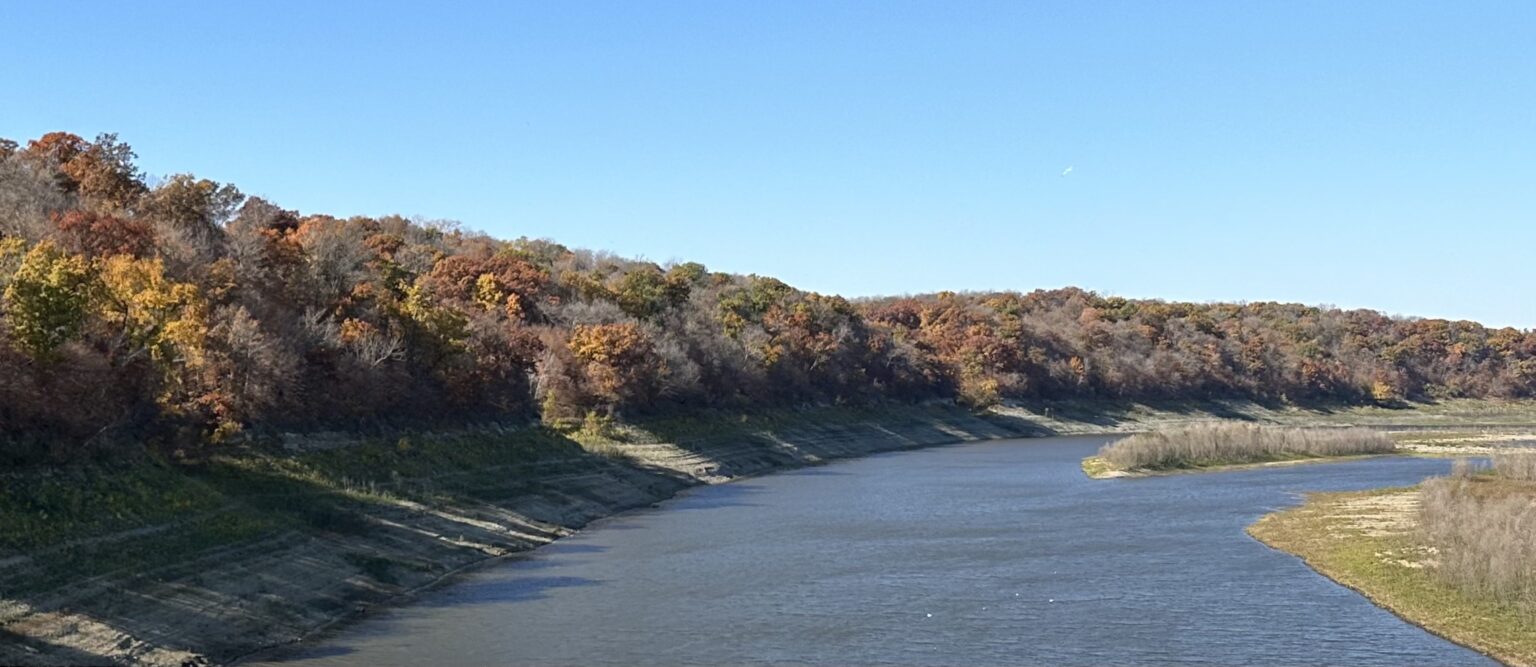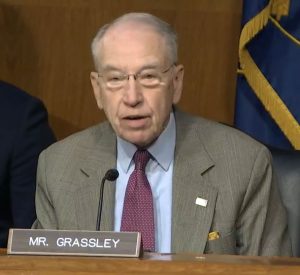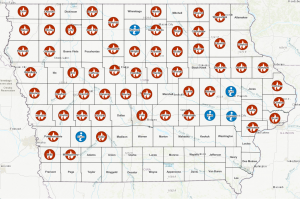Iowa works to recruit 20-somethings to take up hunting
October 31st, 2024 by Ric Hanson
(Radio Iowa) – The Iowa Department of Natural Resources is exploring ways to address a national decline in the number of hunters, and to prevent the drop from happening here. D-N-R wildlife biologist Matt Dollison says Iowa has seen its number of pheasant hunters -rise- by almost 20-thousand in the past few seasons, and they now number 83-thousand, but he says national hunter figures have been falling for decades.
“Back in the ’80s, we had about 9% of the population that was hunters and now they say it’s less than 4%, so we’ve lost a ton of hunters overall,” Dollison says. “It is nice to see a few more pheasant hunters taking advantage of the resource here in Iowa this past few years.” Dollison says several factors have likely contributed to the overall decline in hunter numbers nationwide.
“The high number that we had back in the ’80s was really driven by the Baby Boomers getting into hunting, so unfortunately, we’re losing a lot of them from the ranks of hunters,” Dollison says. “It seems like there’s a lot more activities for kids these days to be involved with and there’s way less free time for parents especially, and the kids also have more things to do themselves.”
Dollison says game populations and the availability of public land are also likely factors in the decline. That’s why he says positions like his exist — to manage habitats, spur population numbers in public areas, and to help organize hunting programs. He notes hunting-related expenses provide the bulk of the money for conservation efforts. “A huge portion of the funding for conservation comes from hunting license sales and hunter dollars in the form of excise tax on firearms and ammunition — 90% of the funding for conservation comes from that,” he says. “So, if hunters go away, we don’t have that anymore and that pays all of our salaries in the wildlife bureau, and our management budget is paid by that.”
The focus in the past was on hosting youth hunting events across the state, but Dollison says they’ve started turning to young adults in recent years. “Now there’s a focus to encourage more adults to get into hunting, especially the 20-year-olds that are getting out of school, have available income and time, and aren’t loaded down yet by a bunch of kids and events to attend. The idea is to get those people into hunting, expose them to it, then they’ll eventually have kids, they’ll take their kids out, and then those kids will become hunters.”
Dollison encourages hunters to invite friends who are interested in outdoor recreation to go along, and to point them toward educational events in their area.











